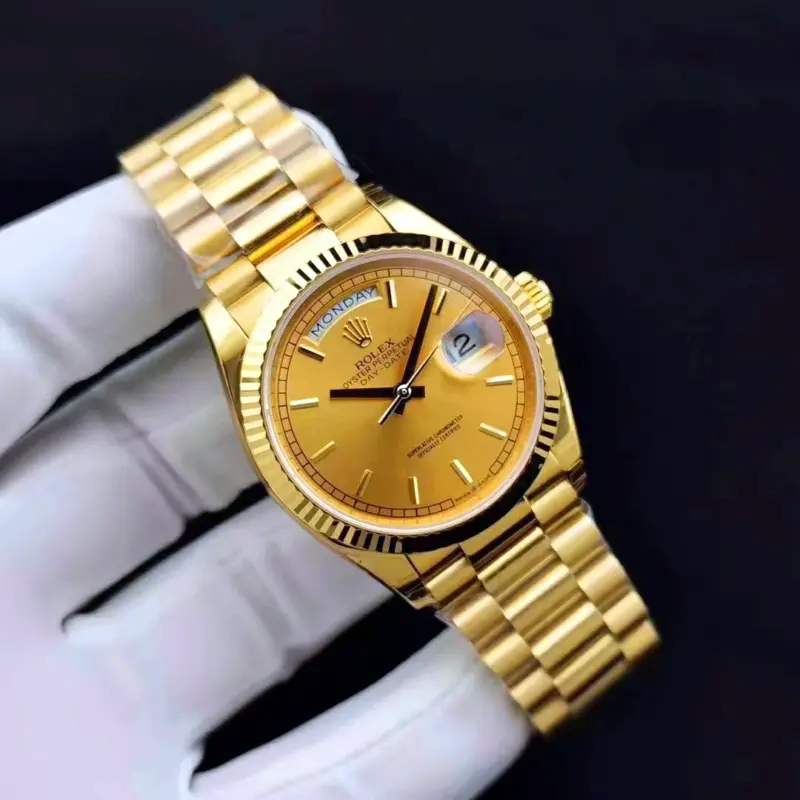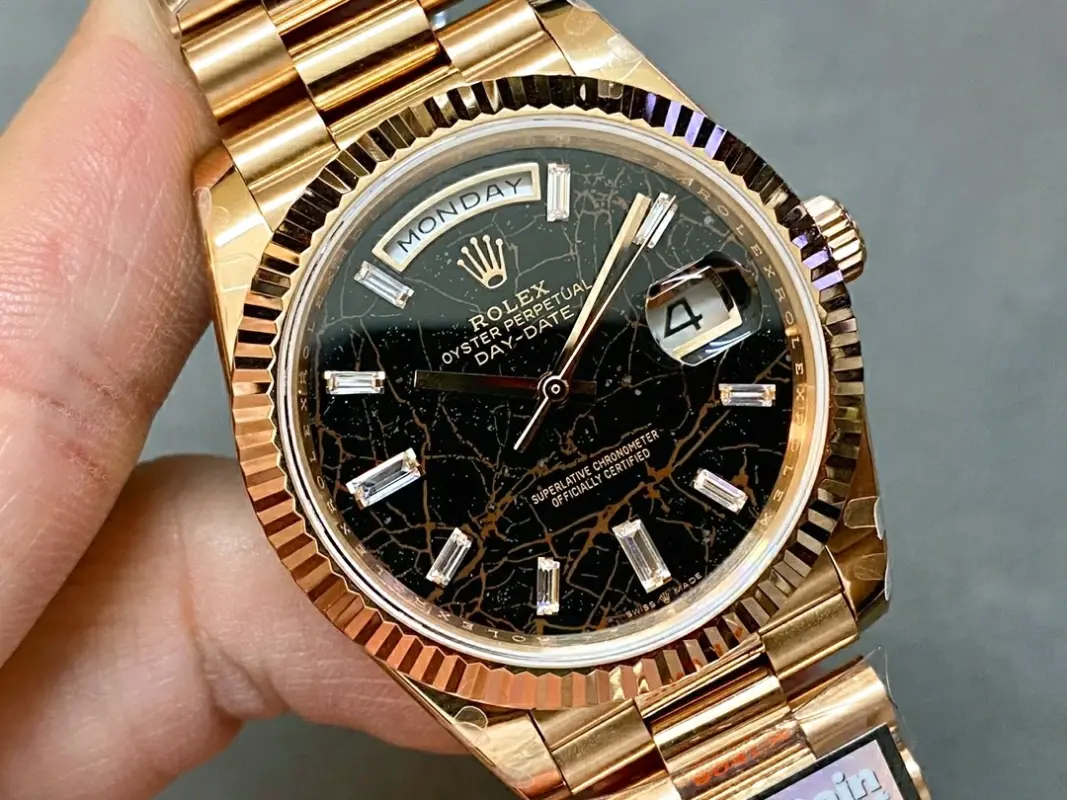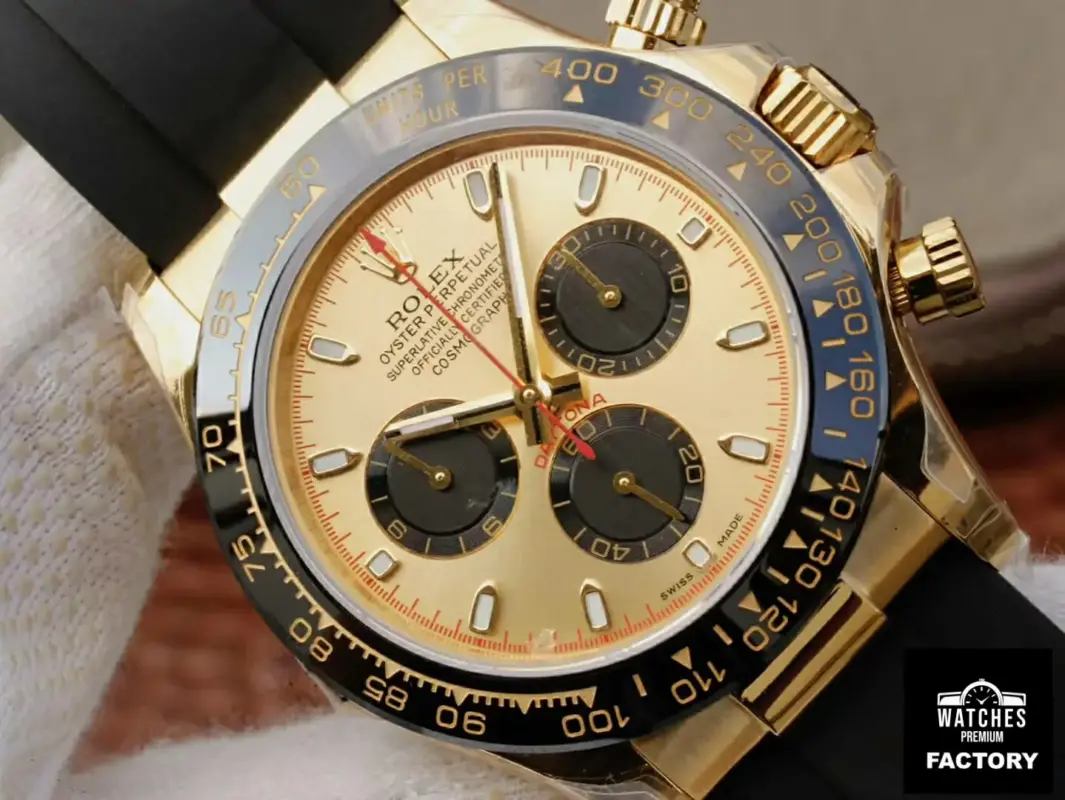Rolex
How Much Will a Pawn Shop Give You for a Rolex?
Selling a Rolex can be a quick way to raise cash, but taking it to a pawn shop is not always the best option.
Most pawn shops lack the expertise to accurately differentiate between an authentic clone Rolex and a high-quality replica. Many modern replicas are incredibly convincing, and distinguishing them from the real deal requires a trained eye or professional tools. To confirm authenticity, a pawn shop would often need to send the watch to an authorized replica Rolex dealer for inspection – a process that costs money and time, which most pawn shops might not be willing to invest in.
A Rolex with aftermarket parts – such as non-original dials, bezels, or bracelets – is no longer considered 100% authentic. This dramatically reduces its value. Pawn shops are likely to offer a much lower price for a Rolex that is not in its original condition, even if it’s authentic.

The specific Rolex model, its reference number, condition, and other factors play a major role in determining its value. For instance, a replica Rolex Air-King may fetch significantly less than a Rolex Daytona Cosmograph, given the differences in demand and retail value.

Similarly, the condition of the watch – including scratches, service history, and the presence of original box and papers – can greatly influence the amount you are offered. Pawn shops may not fully account for these nuances, often offering you a price far below the watch’s actual worth.

